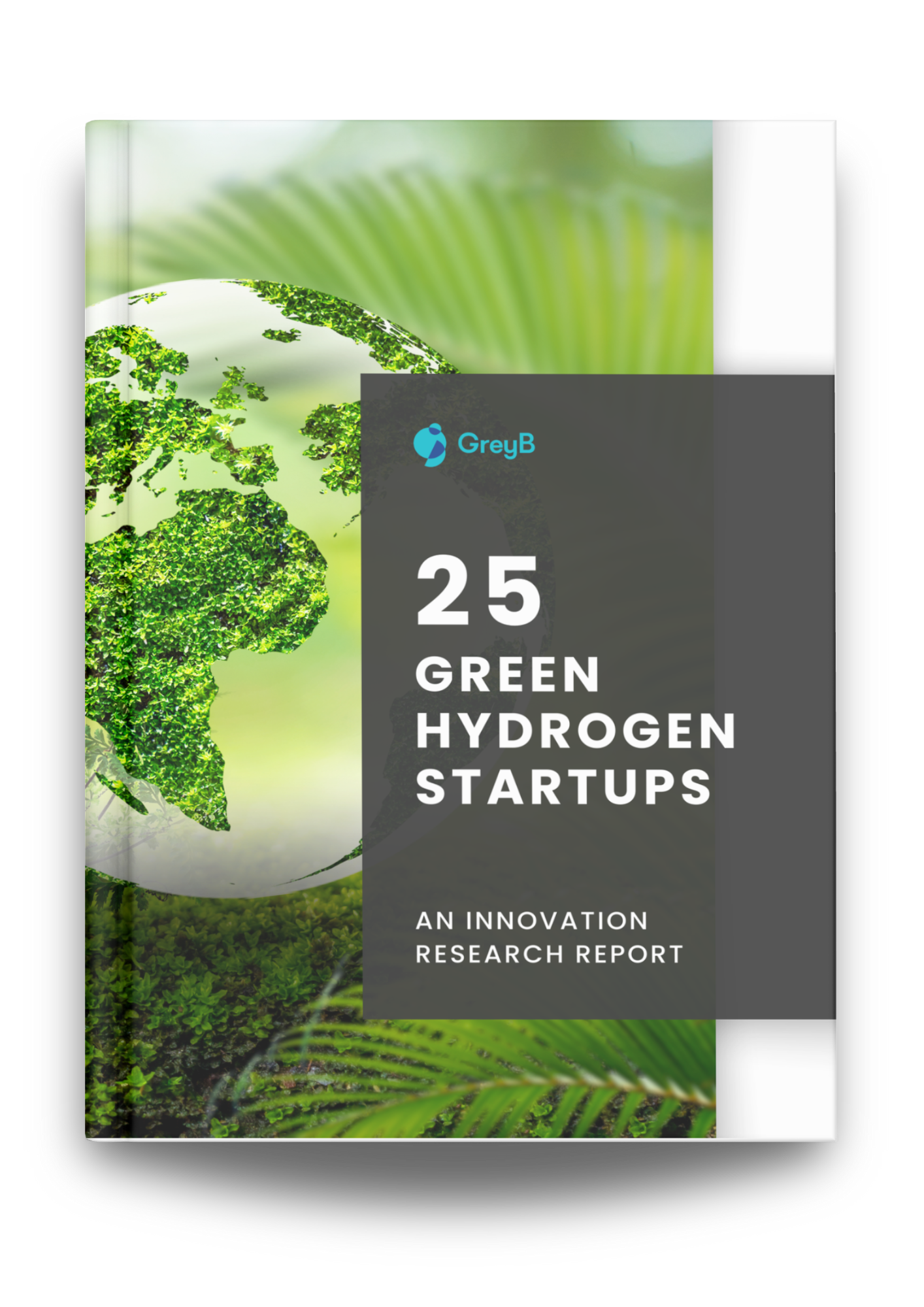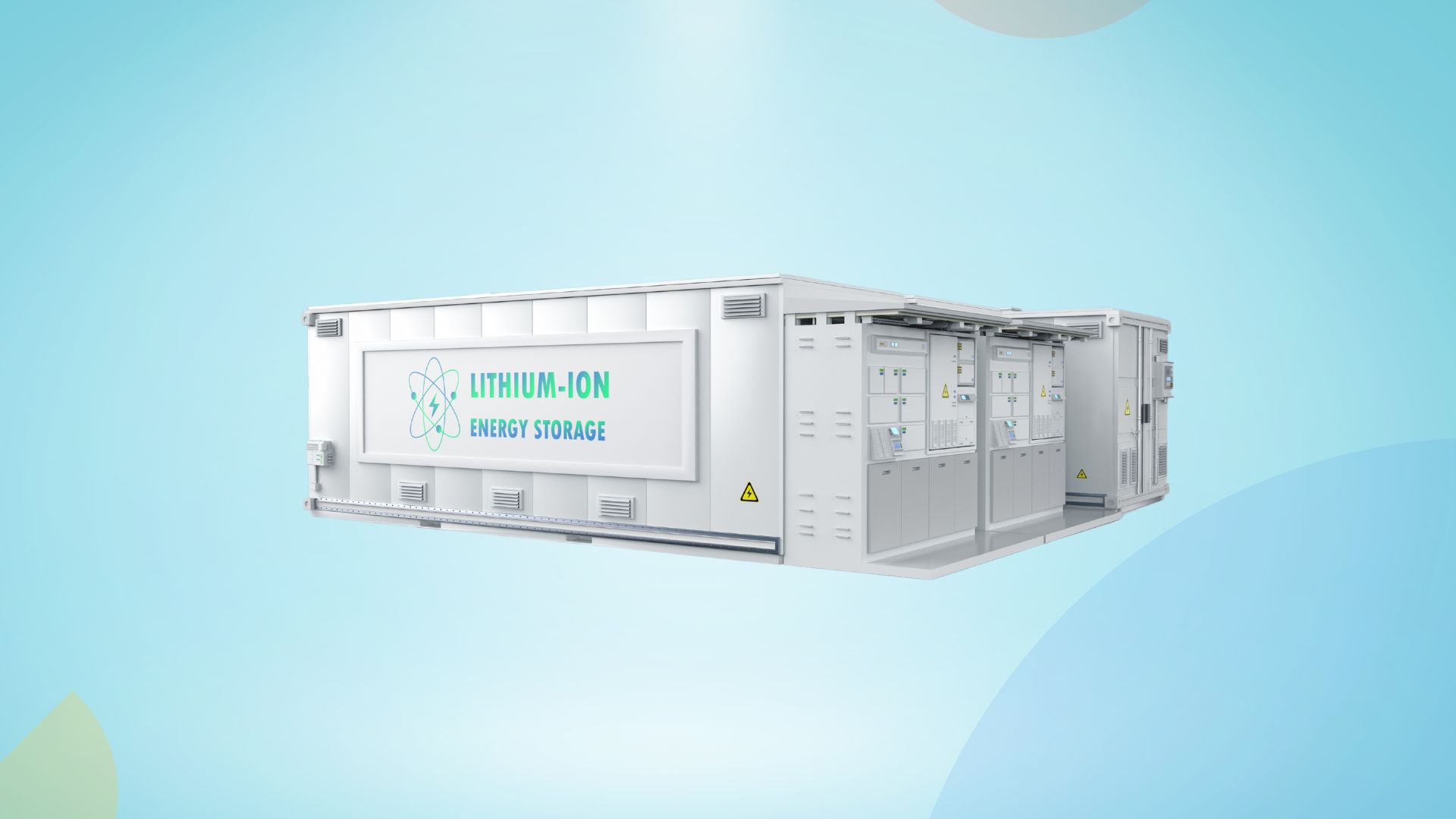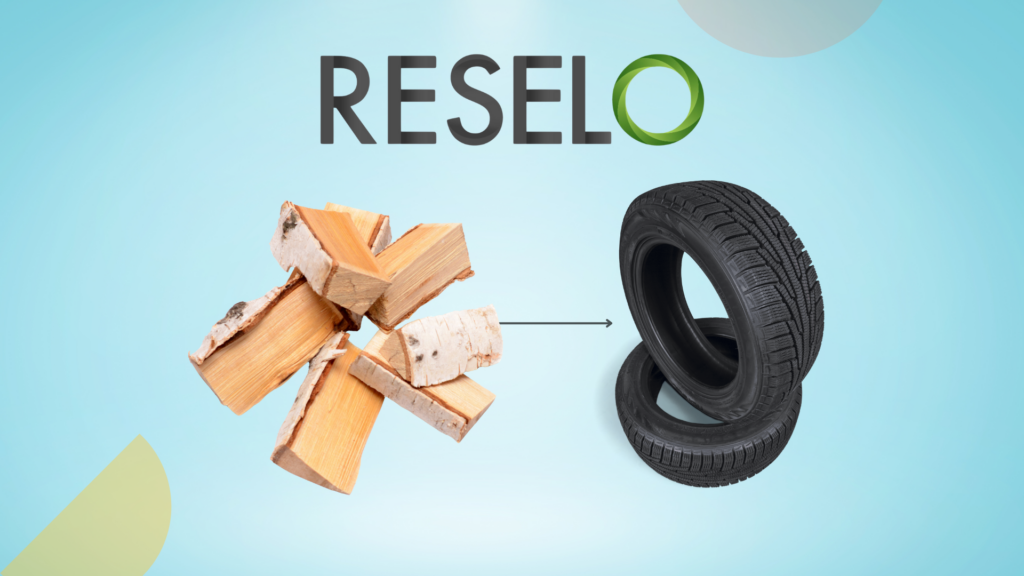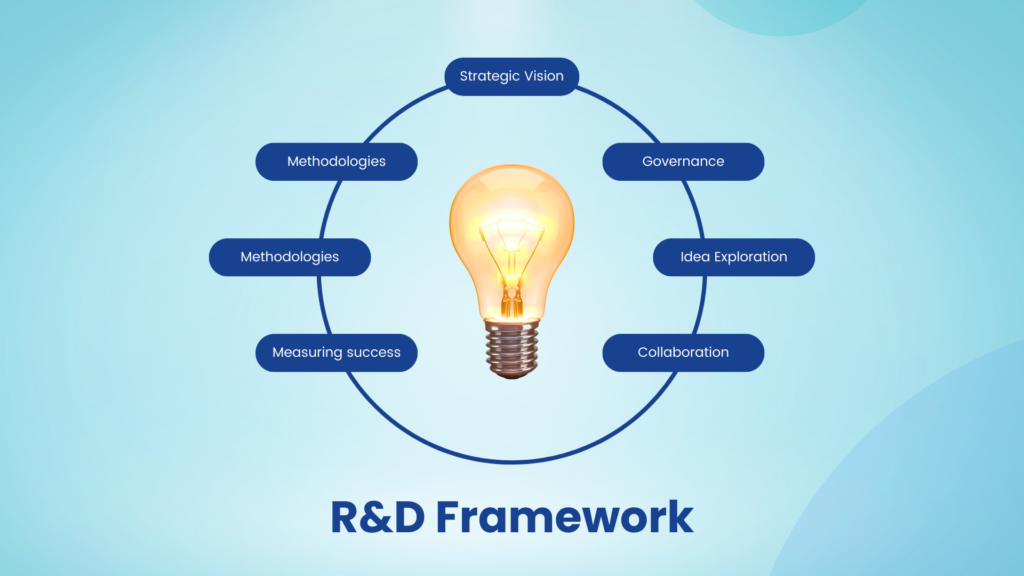In 2021, the global battery energy storage systems market was valued at $4.04 billion and is expected to increase to $34.72 billion by 2030 with an approximate CAGR of 27%.
Growing demand for power distribution energy storage systems due to continuous grid modernization and increased consumption of lithium-ion batteries in the renewable energy market is projected to drive demand for battery energy storage system industry. (Source)
Battery Energy Storage System (BESS) uses specifically built batteries to store electric charge that can be used later. Much research has resulted in battery advancements, transforming the notion of a BESS into a commercial reality.
Australian and German homeowners had built around 31,000 and 100,000 battery energy storage systems, respectively, by 2020. Large-scale BESSs are now operational in nations such as the United States, Australia, the United Kingdom, Japan, China, and many others. (Source)(Source)
Battery Energy Storage System Architecture
As we discuss major companies and startups pioneering the Battery Energy Storage System, it is essential to be well-versed in the advantages and challenges of this technology.
Interested in Energy Storage Trends 2025?

Battery Energy Storage System Advantages
Self-Sufficiency – Battery energy storage systems aren’t simply appealing to renewable energy providers. Forward-thinking enterprises are also adopting them. Energy purchased during off-peak hours can be stored using battery storage systems. It can be activated to distribute electricity when tariffs are at their highest, lowering energy expenses. Battery storage systems can also be set up as an uninterrupted power source, a valid insurance policy for enterprises.
Integration of the Grid – Renewable energy is fed directly into the grid, which is available to customers. However, grid demand swings, with highs and lows. Battery storage systems now provide a viable, cost-effective solution for medium-sized renewable energy producers to capture the electricity generated. Safety is critical when working with electricity, so experts install and set up the import/export controller and converter to ensure safe functioning and overload protection.
Frequency Control – Battery storage systems can control grid frequency, ensuring it is within the needed range. The frequency can go above or below its nominal value if the generated power doesn’t match the electricity consumption. Such inconsistencies may cause temporary disconnections, power outages, or blackouts. BESS can respond promptly to power outages, offering sub-second frequency response and grid stabilization.
Shift in Energy Time – Energy time-shifting is possible with battery energy storage systems. Energy is purchased cheaply during off-peak intervals and sold or consumed when the price rises. As a result, regardless of the season or electrical demand, BESS can equalize energy prices and reduce risks. (Source)(Source)
Battery Energy Storage System Challenges
Installing BESS necessitates a significant capital outlay – Due to their high energy density and enhanced performance, battery energy storage technologies such as lithium-ion, flow, and lead-acid batteries require higher installation investments. Lithium-ion batteries are expensive because they have a high energy density, a low rate of self-discharge, and need minimal maintenance. Furthermore, the high upfront investment cost necessary for flow battery manufacturing may be a key obstacle to market growth.
Installation of BESS in remote locations – Battery energy storage devices are mostly used in remote locations. These systems are challenging to deploy in remote places because they are tough to reach. Islands and off-grid distant places are common examples of remote regions that confront various issues due to fluctuating production and supply of power from renewable energy sources. Some major challenges include ambient circumstances such as temperature variation during the day and night, costly maintenance due to commuting problems to these sites, and a shortage of equipment installation facilities. (Source)(Source)(Source)
Battery Energy Storage System Companies
1. BYD Energy Storage
BYD, headquartered in Shenzhen, China, focuses on battery storage research and development, manufacturing, sales, and service and is dedicated to creating efficient and sustainable new energy solutions. They intend to promote the global transition from fossil energy to sustainable energy through innovative lithium battery technology. (Source)
The company has created the Battery-Box battery storage series, which is ideal for any application. While the modular LV and HV solutions are appropriate for any home application, the commercial battery is best suited for large-scale installations. (Source)
Battery Box
BYD Energy Pod is a home-use product with high-performance lithium iron phosphate battery technology, high integration, and structural modular design. The system allows photovoltaic charging and matching load, remote dispatch, and off-grid emergency backup, among other things. (Source)
Important Collaborations
In 2022, BYD announced a collaboration with Shell to extend and promote various energy and charging technologies across Europe and China. This comprises EV charging network services, integrated home energy solutions, electric car service facilities, and more. BYD and Shell are also planning a collaborative venture in China to construct EV charging networks.
The JV will run over 10,000 EV chargers in Shenzhen, with ambitions to extend to additional Chinese cities.
According to István Kapitány, Shell’s Executive Vice President of Global Retail, “Shell has ambitions to further expand its retail and mobility business in China. It also aims to support customers worldwide to drive more electric cars to achieve carbon reduction goals. This partnership with BYD is an important step towards both goals. We look forward to working with BYD to create an industry-leading, fast, convenient, safe, and comfortable charging experience. Shell and BYD are committed to supporting innovation in this area, and this global strategic partnership provides an exciting opportunity to take the charging experience for electric vehicle users to the next level.” (Source)
2. Samsung SDI
Samsung SDI is one of the leading solution providers of lithium-ion energy storage. Based on its advanced cell technology, it offers a complete energy storage system solution, including design, production, and installation. The company also provides customized products optimized for different countries’ power grid and energy conditions. It designs BESS products with customers and the environment in mind to make them more economical and efficient, such as using lightweight plastic modules and dual-type racks.
The firm provides advanced battery technology for various applications – from kWh to MWh. Its ESS technology allows the formation of complete ESS systems using dozens or thousands of battery cells. The company offers a range of ESS technologies, including battery packing, BMS, maintenance services, and cooling systems, and continues to innovate in these areas. (Source)
Source: Samsung SDI
Important Collaborations
Stellantis and Samsung SDI formed a Joint Venture for Lithium-Ion Battery Production in North America in 2021. The project, which is expected to start in 2025, will have an initial annual production capacity of 23 gigawatt-hours, with the potential to expand to 40 gigawatt-hours.
According to Young-Hyun Jun, President, and CEO of Samsung SDI, “It is an honor for us to build a battery joint venture with Stellantis, which is accelerating its electrification strategy in this green energy era. With this battery joint venture, we will do our best to meet the high standards of our customers in the North American EV market leveraging Samsung SDI’s battery technology, high-quality products, and safety measures.” (Source)

Green Hydrogen Startups Report
Download ReportBattery Energy Storage System Startups
1. Vanadis Powers
Vanadis Power is a Netherlands-based startup that offers an entirely sustainable and competitive storage solution that directly helps the energy transition.
The firm provides a one-of-a-kind solution for commercial, industrial, and utility-scale energy storage through their product ReFlexTM, a Vanadium Flow Battery (VFB) for stationary energy storage. It is a modular product with scalability ranging from 10 kilowatts to 100 megawatts. ReFlexTM is based on patented and award-winning scientific discoveries in Vanadium electrochemistry that resulted in an electrolyte with double the energy density and capacity of previous VFBs. The battery also represents reusability, recycling, and safety. (Source)
Usability of ReFlex™
Important Collaborations
The Chemours Company established a strategic relationship with UniEnergy Technology LLC, a Vanadis Power partner, in 2020. Chemours would supply the NafionTM ion exchange membranes utilized in the ReFlexTM battery as part of this collaboration. The strategic cooperation with UET and its partners would allow the startup to develop further and enhance the NafionTM product line as the industry standard for energy storage applications, ultimately increasing competitiveness and accelerating market acceptance of flow batteries. (Source)
2. Genista Energy
Genista Energy, based in the United Kingdom, provides customized lithium-ion battery storage solutions to assist in managing the need for flexible energy sources. The firm designs, manufactures, and installs battery storage systems that can be designed to store energy from renewable sources ranging from 30kW to multiple megawatts. This startup’s battery systems are used in offices, commercial and industrial buildings, refrigerated warehouses, and the farming and agriculture sectors, and can be linked to current renewable energy management systems. (Source)(Source)
Important Collaborations
Albacom Ltd signed a merger deal with Genista Energy Ltd in 2020 to help promote local battery-powered generation in retail parks and corporate garages. Albacom’s six-figure collaboration with energy storage business Genista Energy is part of a cooperative plan to promote the renewable energy sector. (Source)(Source)
3. Fluence
Fluence, headquartered in the United States, is a major leader in energy storage devices and services. Its 6th generation Technology Stack makes it easier for customers to deploy storage more quickly and affordably. With fully-integrated digital intelligence, an upgraded operating system, and factory-built, highly flexible building blocks, the Tech Stack lays the groundwork for better energy storage devices. Fluence IQ, the company’s digital intelligence platform, enables storage and renewables optimization to assist customers in optimizing the value of their assets. (Source)
Fluence’s GridstackTM product is a grid-scale, industrial-strength energy storage system built for the most demanding market applications while providing industry-leading reliability, scalability, and safety. (Source)
Important Collaborations
Fluence announced the acquisition of Zurich-based Nispera AG in April 2022. The transaction involves a $30 million cash purchase of current private investors and Fluence shares vesting over three years to the management team. Fluence’s combined digital portfolio of assets contracted or under management currently stands at 15GW, up from 4.7GW at the start of February when it partnered with another renewable energy asset trading and software service company Pexapark. (Source)
According to Manuel Perez Dubuc, President, and CEO of Fluence, “With this acquisition, we are primed to expand our portfolio of digital products and services for customers worldwide. Furthermore, it represents a powerful cross-selling opportunity to offer energy storage products to existing renewable energy assets and portfolio owners. As a result, we expect this transaction will enhance Fluence’s recurring revenue capture, adding visibility to future cash flow in the coming years.”
The startup announced the acquisition of AMS’s digital intelligence platform in 2020. Combining the two companies’ technologies would assist utilities, developers, commercial and industrial customers enhance energy storage and flexible assets to bring additional revenue, achieve better grid efficiency and reliability and support the global transition to more green and resilient power systems. (Source)
Innovations in Energy Storage
4. VoltStorage
VoltStorage, based in Germany, develops and manufactures “Next Generation Batteries,” which are resource-saving, cost-effective, and environmentally friendly battery storage solutions that make renewables available 24/7. (Source)
It designs and manufactures commercial batteries for agriculture and industry using ecological vanadium redox flow technology. Furthermore, the international development team is investigating the breakthrough iron salt technology, which is ideal as a long-duration battery for ensuring wind and solar parks’ grid scale base load capabilities. (Source)
The storage of electrical energy in a vanadium-based electrolyte liquid is a distinguishing feature of vanadium redox flow technology. This storage method is incredibly environmentally friendly since it requires no rare or conflicting raw materials and is entirely recyclable. The redox flow battery unit is at the heart of an iron salt energy storage system. The company is making a vital contribution to developing revolutionary solutions for Long Duration Batteries by developing resource-saving vanadium redox flow and iron salt storage technology. (Source)(Source)
Vanadium Redox Flow Technology
Commercial Storage System
(Source)
5. ESS
ESS, headquartered in the United States, is a major provider of long-duration (4+ hours) energy storage systems appropriate for C&I, utility, microgrid, and off-grid applications. The Energy Warehouse (EW), the company’s iron flow battery, can deliver up to 8 hours of continuous energy with a 20+ year working life and no capacity deterioration. The EW, which uses earth-abundant iron, salt, and water as its electrolyte, is a safe, long-lasting solution with the lowest Levelized cost of storage (LCOS) per kWh. (Source)
The company offers solutions such as Energy WarehouseTM and Energy CenterTM. Energy WarehouseTM is designed for commercial and industrial users. This compact unit has a 400-kWh energy storage capacity and a 25-year design life. It can be programmed to provide storage for 4 to 12 hours.
Energy CenterTM is designed for utility-scale applications, with adjustable power levels starting at 3 MW and energy durations ranging from 6 to 10 hours. (Source)
Energy WarehouseTM
ESS Energy Center™
Important Collaborations
In 2022, ESS Inc. announced a collaboration with Energy Storage Industries Asia Pacific (ESI) to distribute and produce iron flow batteries based on ESS technology. The partnership helped fulfill Australia, New Zealand, and Oceania’s rapidly rising need for long-duration energy storage. According to the terms of the deal, ESS will initially supply ESI with 70 complete 75kW / 500kWh Energy Warehouse (EW) systems in 2022 and 2023. Concurrently, ESI will build a manufacturing plant in Queensland, Australia, to begin the final assembly of ESS systems in 2024.
According to Eric Dresselhuys, CEO of ESS, “We look forward to deploying ESS technology in Australia and the region to meet the needs of energy customers and build a sustainable, resilient energy future. ESI brings a wealth of experience and expertise in clean energy and energy storage and a keen understanding of the Australian energy market. We look forward to working with them to advance our shared mission to accelerate the clean energy transition by deploying long-duration energy storage solutions in the region.” (Source)
Conclusion
With the ongoing energy crisis in Europe, the demand for energy storage solutions is getting higher and higher. And battery energy storage is one of the best solutions countries are considering to tackle this crisis.
As a result, acquisitions in battery energy storage are heating up. As per PV Magazine, about 550 MW of battery energy storage systems (BESS) deals have been signed in the United Kingdom over the past few days. Most recently, Masdar acquired London-based storage developer Arlington Energy. (Source)
The battery energy storage system is one of the most reliable solutions available to solve this energy crisis, and its potential makes countries adopt it as fast as possible.
How Can We Help You?
Fill the form to get access to the report











